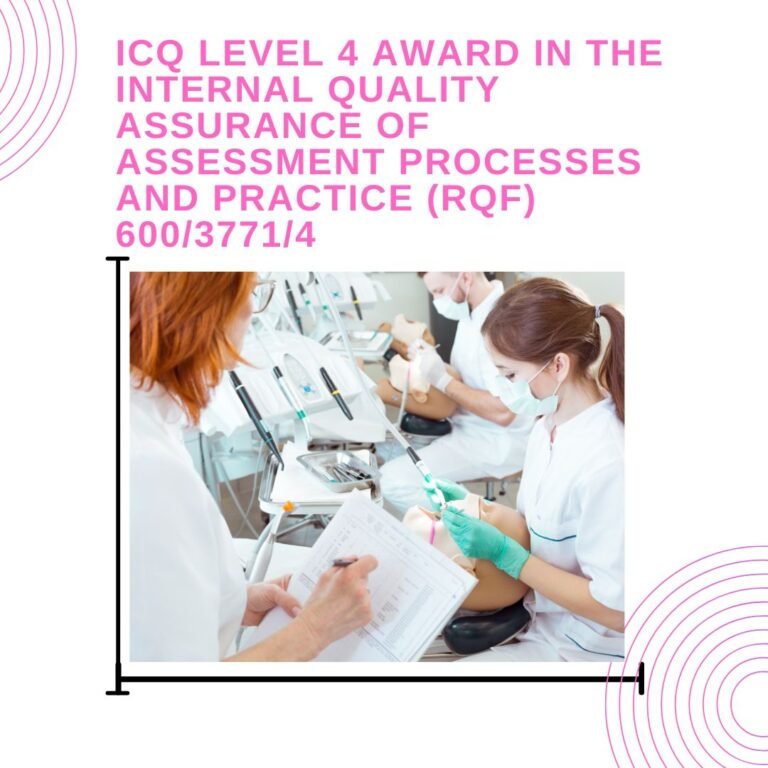The United Arab Emirates (UAE) boasts good standards of education with a mix of curricula such as British, American, Indian (CBSE), IB, and UAE Ministry of Education. As a foreigner relocating to the UAE or a UAE citizen looking for the right school for your child, one must understand the rules of admission in schools. These would vary slightly between individual emirates, but overall, the whole process of admissions is governed by the UAE Ministry of Education and similar local authorities such as KHDA (Dubai), ADEK (Abu Dhabi), or SPEA (Sharjah).
Age Requirements for School Admission
Another critical UAE school admission requirement is age qualification. The UAE has highly stipulated cut-off ages for each grade level:
Pre-KG / FS1: The child must be 3 years of age on 31 August of the year of joining.
KG1 / FS2: The child must be 4 years of age on 31 August.
KG2 / Year 1: The child must be 5 years of age on 31 August.
Grade 1 / Year 2: The child must be 6 years of age on 31 August.
Others, such as Abu Dhabi, follow the March 31 closing date for particular grades, while admissions in Sharjah employ the August 31 rule, just like most UAE private schools.
Documents Required
For completion of the admission procedure, UAE schools typically require the following documents:
-
Copy of parent’s and child’s passports
-
Copy of child’s UAE residence visa
-
Child’s and parents’ Emirates ID
-
Birth certificate (notarized if from outside the UAE)
-
Vaccination card
-
New passport photographs
-
Old school report or transfer certificate
Where the transfer is from foreign countries, the transfer certificate must be attested by the concerned education authorities and embassies.
Admission Tests and Interviews
The majority of private schools in the UAE employ the method of entrance testing or interviewing prospective students, especially those at the KG2 level and above. The testing can even include English, Mathematics, and Arabic at times. Interview-play for social and emotional readiness is used by some schools to assess very young children.
There are entrance tests in the oversubscribed Abu Dhabi and Dubai Emirates schools. However, School admission in Sharjah can be a flexible option based on school policy and room vacancy.
Registration Process and Fees
Registration in the majority of UAE schools is in January and March annually for the next school year, starting in April (Indian curriculum) or September (British, IB, etc.). They usually have a non-returnable registration fee, which is usually from the local emirate education department, and an acceptance fee when they book the child’s place. Check the period of registration at each school because it is ever so slightly different by curriculum and emirate.
Inclusive education and SEN Support
There is also the national policy guidance by UAE to enable students with special educational needs (SEN) be provided space in schools. There is inclusive education that is augmenting, and most schools actually have support staff and special teachers to cater to children with learning disabilities or challenges.
Final Thoughts
The UAE has a very robust and inclusive education system that caters to families around the globe. Information about rules and regulations allows for planning and simplifies school admission. Whether admitting your child for the first time or shifting them from any other education center, you require a clear concept about documents, time schedule, and admission procedure. If specifically you are worried about school admission in sharjah, you can try going to the school or the Sharjah Private Education Authority (SPEA) and getting information and requirements up to your visit.





